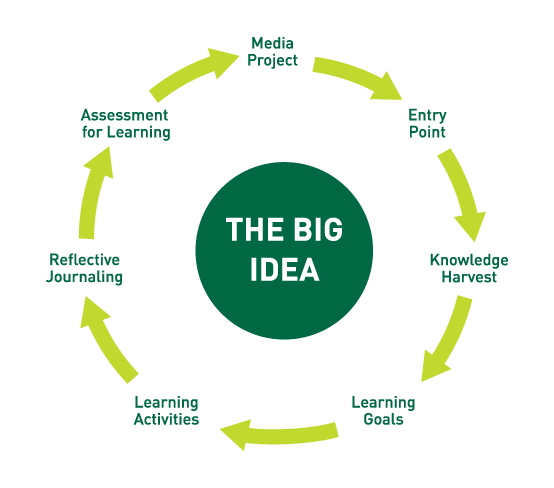
IMYC - International Middle Years Curriculum
The Middle School focuses on nurturing and strengthening independent learning.
Students have more specialist subject teachers to provide a broad and balanced range of subjects, including all core subjects, and study skills.
Instruction in French continues as well as a strong ESL programme for students requiring help with development of English language skills.
The Middle School focuses on nurturing and strengthening independent learning.
Students have more specialist subject teachers to provide a broad and balanced range of subjects, including all core subjects, and study skills.
Instruction in French continues as well as a strong ESL programme for students requiring help with development of English language skills.
The Middle School provides a strong academic preparation, which challenges all students, and prepares them for the next stages that follows in the Secondary School.
The Adolescent Brain
After careful study of the latest Neuroscientific research, we identified five key needs of the adolescent brain and developed elements into the IMYC that were specifically designed to support each one.
The IMYC uses a concept based curriculum design, building units around ‘big ideas’ that help students interlink all their learning. The IMYC also uses a specific process of learning (based on the way the brain learns) consistently across all subjects. This helps students with planning and organising, both regulated by the maturing pre-frontal cortex of the adolescent brain.
Units of Learning
Each IMYC unit has a theme and involves six weeks of learning based around a ‘Big Idea’, which aims to help students in every year group to achieve coherence and connection within their subjects.
The full range of units includes adaptability, balance, belief, celebration, challenge, collaboration, communication, community, competition, consequences, courage, creativity, curiosity, development, discovery, entrepreneurship, identity, interpretation, justice, leadership, reflection, relationship, renewal, resilience, resolution, respect, responsibility, risk, structures and tradition.
The Big Idea challenges students to think beyond a topic by elevating the theme to broader, conceptual thinking, and making connections back to each of the IMYC subjects.
A teaching framework for the unit contains suggested learning tasks to support teachers and the fostering of personal dispositions and international mindedness, all related to the Big Idea.

Learning Goals
The learning goals of the International Middle Years Curriculum outline the knowledge, skills and understanding needed across all subjects as well as developing personal dispositions and becoming more internationally minded. The IMYC subject learning goals were informed by eight curriculums around the world, making them easy to adapt to your local national curriculum standards.
Personal goals
Personal goals refer to those individual skills and qualities we believe students will find essential as they move into adulthood. 11 to 14 year olds have very different needs to primary or senior learners as they seek personal meaning and connectedness. The IMYC addresses these crucial personal needs:
- to make sense of their learning
- active involvement with their peers
- to make connections
International learning goals
International learning goals help 11-14 year olds develop a sense of their place in the world. They learn about other people and cultures, and continue to become more internationally.

